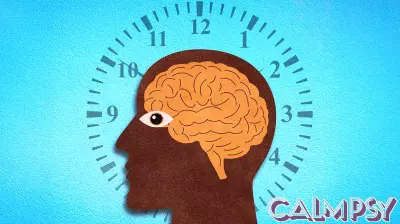Persian Edition of "The Psychology of Democracy" Now Available
June 16, 2025 - 03:41

TEHRAN – The Persian translation of the influential book "The Psychology of Democracy," authored by Darren G. Lilleker and Billur Aslan Ozgul, has recently hit the shelves in Iran. This significant release aims to provide Persian-speaking readers with insights into the psychological underpinnings of democratic processes and citizen engagement.
The book delves into the complexities of democratic behavior, exploring how individual and collective psychology shapes political landscapes. By examining factors such as identity, social influences, and cognitive biases, Lilleker and Ozgul offer a comprehensive analysis of how these elements impact democratic participation.
This translation is expected to resonate with scholars, students, and general readers interested in political science, psychology, and sociology. As Iran continues to navigate its own political challenges, the insights provided in this work may foster a deeper understanding of the dynamics at play within democratic systems. The availability of this book in Persian represents a valuable addition to the discourse on democracy in the region.
MORE NEWS

February 21, 2026 - 04:49
New Theory of Learning Upends the Lessons of Pavlov’s DogA groundbreaking new theory is poised to rewrite a fundamental chapter in psychology, directly challenging the legacy of Pavlov`s famous dogs. For over a century, the principle of...

February 20, 2026 - 03:37
Psychology says people who pick up litter even when no one is watching usually display these 7 traits that are becoming increasingly rareIn a world where actions are often performed for social validation, a simple, unobserved act—picking up a stray piece of litter—can speak volumes about a person`s character. Psychologists note...

February 19, 2026 - 09:31
Psychology says the reason you feel exhausted after doing nothing all day isn't laziness — it's that unresolved decisions drain more energy than physical effort ever couldIf you`ve ever collapsed on the sofa after a seemingly lazy day, bewildered by your own fatigue, psychology points to a clear culprit: your unmade decisions. The mental load of unresolved choices�...

February 18, 2026 - 23:26
Meredith Professor Elected as President-Elect of the Society of Occupational Health PsychologyDr. Leanne E. Atwater, the program director for the Master of Arts in Industrial-Organizational Psychology program at Meredith College, has been elected as the President-Elect of the Society of...